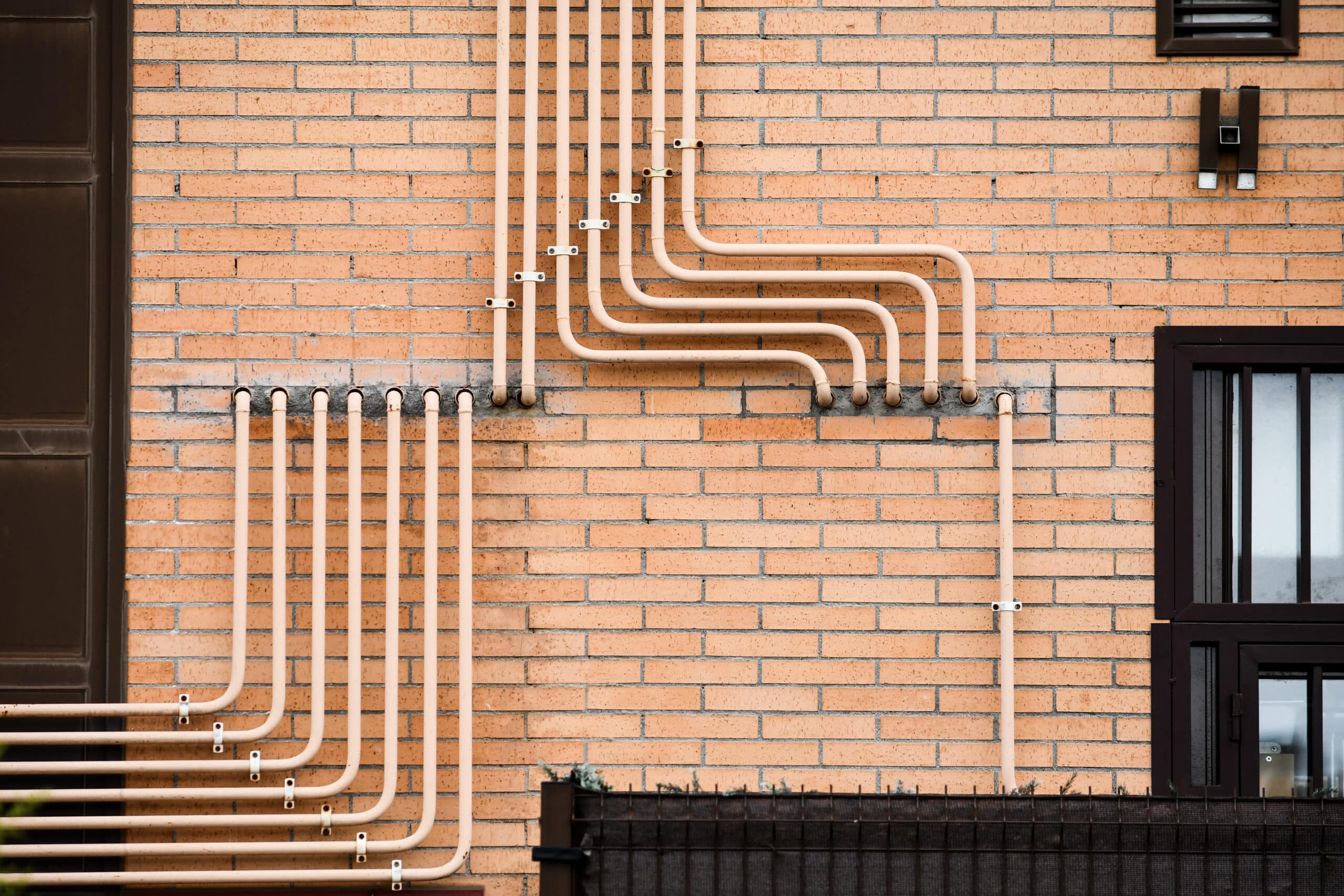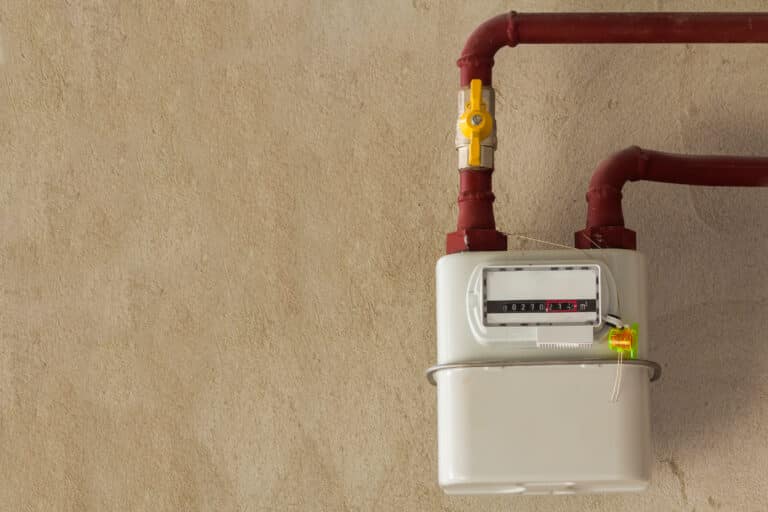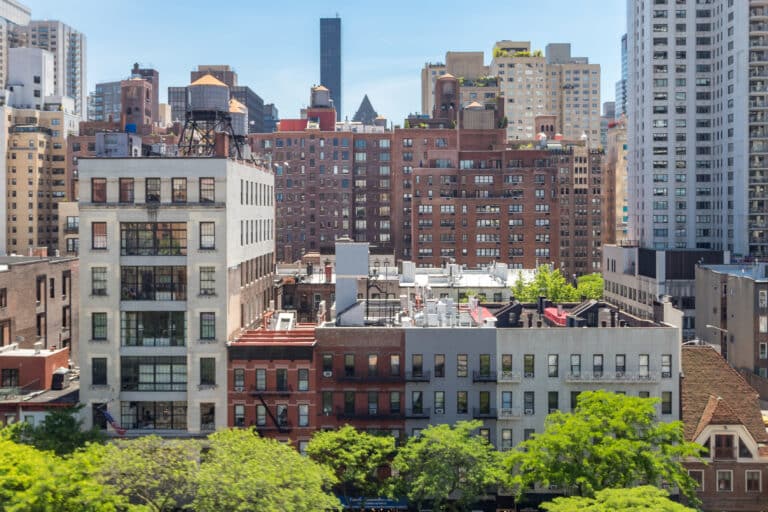Local Law 152 of 2016 mandates that the gas piping system in most buildings in New York City receive a regular inspection. By checking the exposed pipes in all qualified buildings, the city hopes to prevent hazardous conditions and potential explosions. Like any building material, gas pipes will require repair and maintenance over time. This post examines the procedure to follow if an LL152 inspection determines your building needs a repair.
Identifying Defects in Gas Piping Systems
During the LL152 inspection, a certified inspector will perform a visual check of the exposed piping starting from the point of entry, in the common areas of the building including hallways, mechanical rooms, boiler rooms, and all building owner-occupied spaces. At the same time, he or she will use a combustible gas detector to check for gas leaks along the line. Some common issues discovered during this process include:
- Corrosion: Aging metal gas pipes will break down over time, especially if they do not receive preventative care like rust-proofing.
- Pipe Supports: Approved support hangers installed at proper intervals on gas piping is a common issue found during inspections.
- Non-code compliant installations: Gas appliances not being vented properly is another common issue found.
- Gas Leaks: Natural gas can escape through loose connections and corroded pipes.
Dealing with Gas Leaks and Other Hazardous Conditions
Conditions considered hazardous require prompt action. If issues such as gas leaks, illegal connections, or non-code-compliant installations are found, the inspector must notify the building owner, gas utility, and DOB right away.
Hazardous conditions may mean an interruption in gas service until the issue is resolved. The building owner must take steps to correct the condition, obtaining the proper permits in compliance with NYC Construction Codes.
Corrective Measures and Compliance
The inspector sends the building owner a GPS-1 form within 30 days of the LL152 inspection. This document lists all of the findings of the examination. If there are non-hazardous issues that require repair, the building owner has up to 120 days from the initial inspection date to make all the corrections and submit to the city the new GPS-2 certification signed and sealed by the licensed master plumber who conducted the inspection, stating that the conditions have been corrected. All repairs must be undertaken according to city building codes.
In evaluating the gas piping system, the inspector may indicate that substantial repairs are needed that will require more than 120 days to coordinate. In this case, the DOB allows for 180 days from the inspection date to resolve the problem.
After any repairs are complete, an inspector will return to the building to evaluate them. Then, the LMP responsible for the inspection will send certification to the DOB indicating they have been resolved.
Post-Repair Filing and Documentation
The LL152 certification process revolves around two forms: the GPS1 and GPS2. The GPS1 is the periodic inspection report shared with the building owner, indicating any issues.
The GPS2 is the certification form shared with the DOB. If a problem requires repair, the DOB will receive two copies of the GPS2 signed and sealed by a Licensed Master Plumber. The first submission will indicate the problems and whether or not they require an extension. The second certification submission documents that all repairs have been completed. To avoid penalties, building owners must arrange repairs so that the LMP can submit the second certification form within the 120 or 180-day deadlines.
Navigating the complexities of Local Law 152 inspections and dealing with any ensuing defects can be challenging, but it’s an essential part of maintaining a safe and compliant property in New York City. At HBNY Plumbing & Heating, we strive to keep your LL152 gas piping inspection as simple as possible. If you own a property due for inspection, please contact us to learn more or get on our schedule.




